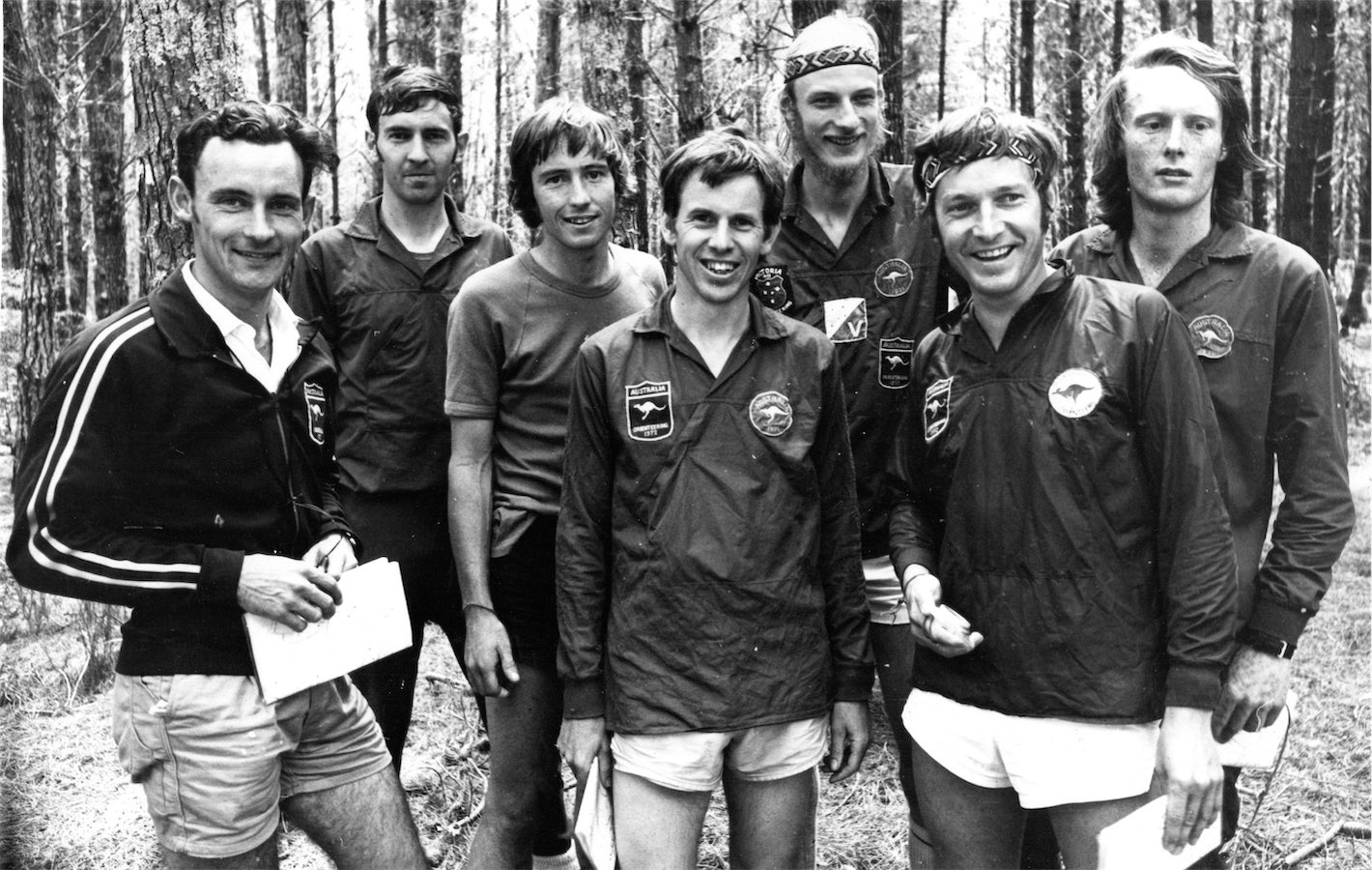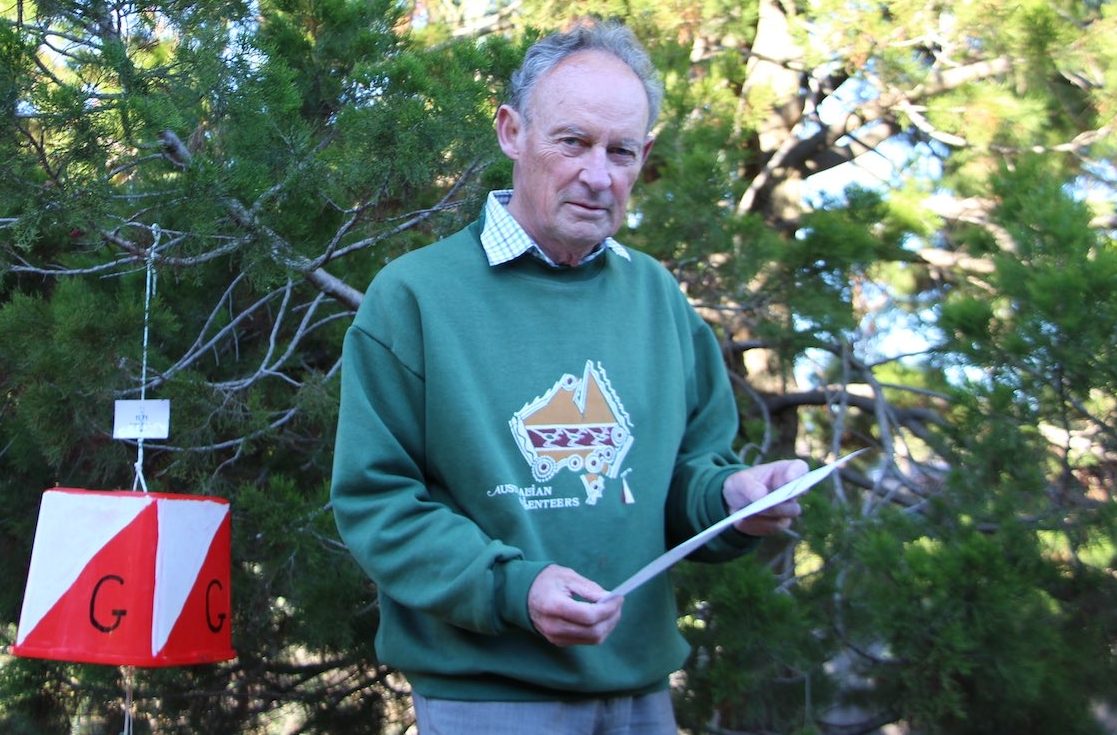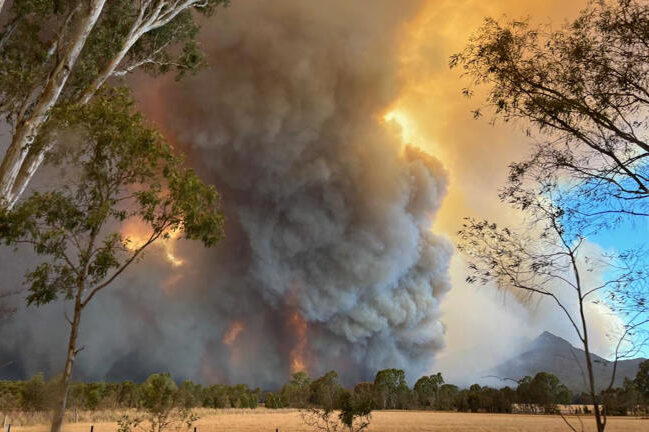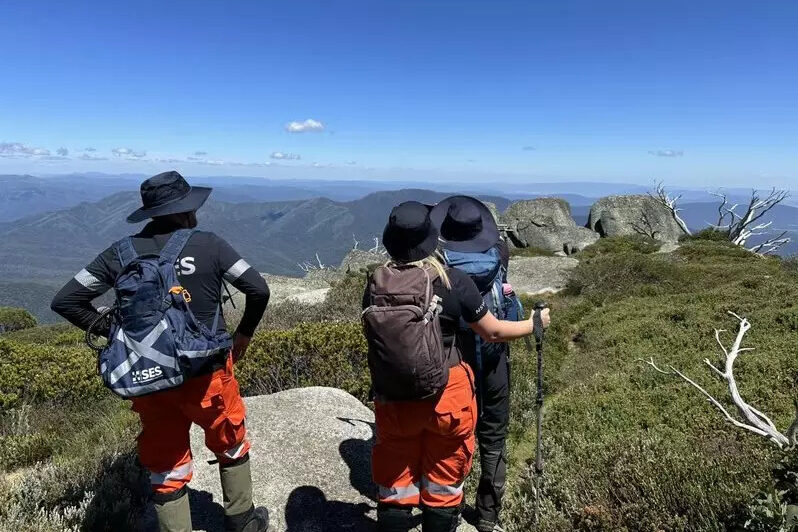
ORIENTEERING has often been coined as “a sport for life” and for David Hogg, the man who brought it to Canberra 50 years ago, that title couldn’t be more fitting.
He’s an Australian championships winner, the inaugural president of the Orienteering Federation Australia and still a competitor himself at 78, and on the 50th anniversary of the sport’s presence here in Canberra David says he’s proud to see how far it’s come.
“At our first ever event in 1971 we had about 20 people. Today we have over 400 people turn up,” he says.
Originally created in the late 1800’s for military training, orienteering sees competitors navigating terrain as quickly as possible with only a map, compass and their intuition to guide them.
Charting a course from Scandinavia, the sport arrived in Australia in 1969 and David, a Melbourne University student and keen outdoorsman, was excited to attend the country’s first orienteering event.
“I enjoyed it straight away, so when I moved to Canberra in 1971, I wanted to bring it with me,” he says.
“One of the geography lecturers at the Canberra College of Advanced Education [now University of Canberra], was quite interested. He found a map of Black Mountain which I redrew as an orienteering map.”
Canberra’s first orienteering event would see about 20 participants traversing Black Mountain, which at the time did not feature the iconic tower atop its summit.
“In those days Parkes Way wasn’t built, either, it was just a minor road going along the base of the mountain,” says David.
“We went up the road, over near the top of the mountain and back down and around to where we started.”

From there David and his friends would continue to organise orienteering events and by 1980 he says hundreds of people were regularly turning up to compete.
It was certainly helped by Canberra’s “bush capital” status, with the mountains, forests, parks and nature reserves offering abundant space that David says were great for orienteering.
“We used Majura, the Stromlo forests and Kowen forests near Queanbeyan, Mount Ainslie, and the Namadgi National Park, too,” he says.
“In ‘74 we hosted the Australian Championships in Pierces Creek Forest and in ‘77 it was hosted at Orroral Crossing.”
“It went from an event every now and again to every month, and then to every fortnight as it grew in popularity.”
Now with a passionate and plentiful following, Canberra orienteering celebrated its 50th anniversary with a recreation of the first event on Black Mountain.
In recent years orienteering has also made its way from the bush to the streets, with an alternative variation that David says has allowed many beginners and less physically able people to get involved.
Despite all of his tireless efforts to promote the sport, they never slowed down David’s own competitive orienteering.
He was a part of the first Australian team to travel overseas to NZ for a dual country challenge that the visiting team won with confidence.
In 1994 David took out the Australian championship, in 1996 he won the Asia-Pacific championships in Hong Kong, in 2008 he was inducted into the ACT Sports Hall of Fame and in 2021 he’s still competing.
“These days if I get in the top 10 I’m generally happy,” he says.
For David, the magic is in the mental challenge.
“It’s amazing how fast elite runners can go through rough terrain, up and down steep hills, jumping gullies and logs and at the same time reading their map as they go,” he says.
Today, the sport has spread throughout every state in Australia and David believes there’s a strong future for it yet.
“When you think about a young person navigating bushland on their own they really learn to think independently and make decisions and that builds a lot of confidence,” he says.
“But at the same time orienteering has five-year age brackets that go all the way up to over 90.”
“It really is a sport for life.”
Those wanting to try orienteering can visit act.orienteering.asn.au
Who can be trusted?
In a world of spin and confusion, there’s never been a more important time to support independent journalism in Canberra.
If you trust our work online and want to enforce the power of independent voices, I invite you to make a small contribution.
Every dollar of support is invested back into our journalism to help keep citynews.com.au strong and free.
Thank you,
Ian Meikle, editor



![Canberra’s woodchopping association – the Hall and District Axemen’s Club – is rebranding to Capital Country Woodchopping.
“We didn’t want to be exclusively a Canberra association and we deliberately left any gender-specific wording out in the new name,” says president Cheyanne Girvan, 32.
“We also went a different [way] to other associations under NSW by not including ‘association’ in our name.”
Four years ago the Hall and District Axemen’s club’s membership was 25.
Cheyanne says this name change will give the club the versatility to grow into other areas and on to greater things.
To read on about Cheyanne's story with the woodchoppers, visit our website at citynews.com.au or click the link in our bio!
@@capitalcountrywoodchopping
#woodchopping #woodchoppinggirl #woodchoppingaustralia #axemen #axewomen #woodcutter #canberrastories #storiesthatmatter #citynews #journalism](https://citynews.com.au/wp-content/plugins/instagram-feed/img/placeholder.png)
Leave a Reply